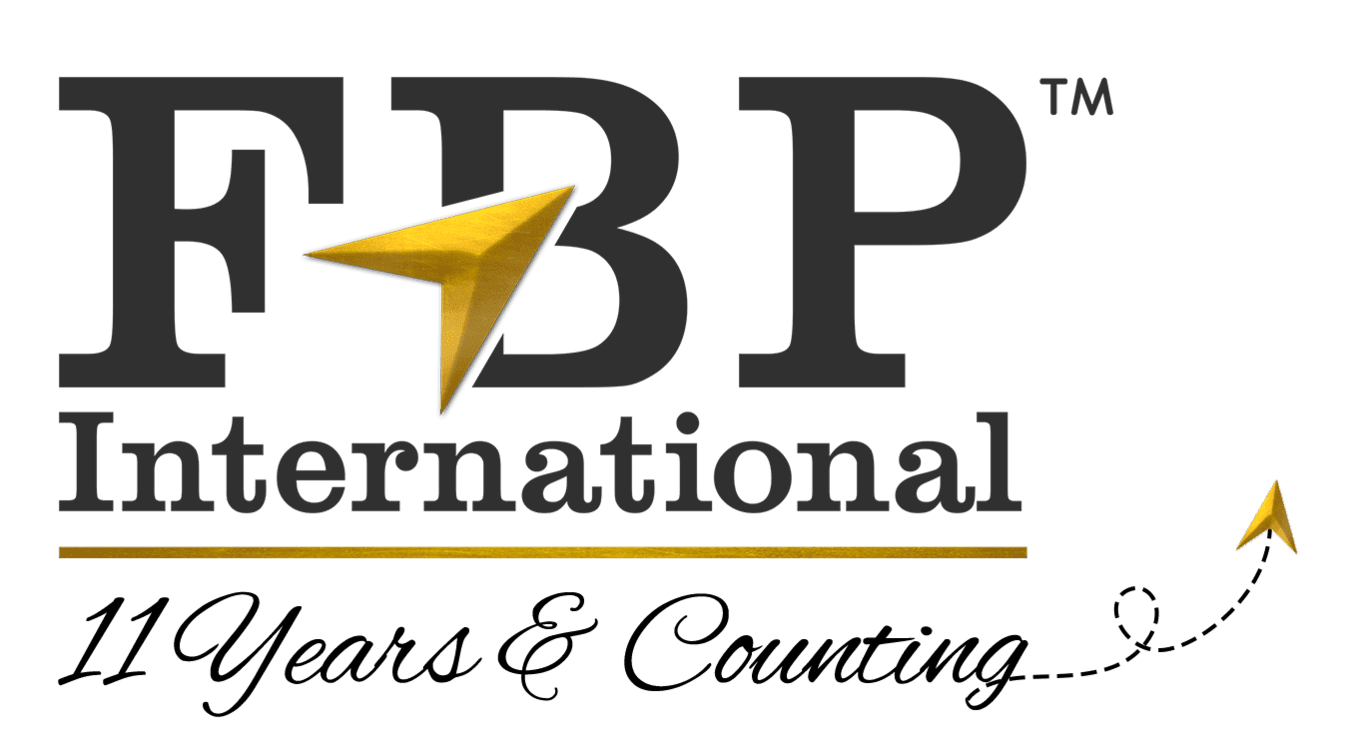Looking to fly under the radar on the social media front? Locking down your profiles and setting them to private is no longer enough – especially if you’re planning a trip to the United States. Under a new policy that went into effect on 31 May, almost all travelers seeking visas are now required to provide any social media handles they’ve used in the past five years, along with email addresses and phone numbers, to the State Department as part of the application process.
According to the AP, “the change is expected to affect about 15 million foreigners who apply for visas to enter the United States each year…[an estimated] 710,000 immigrant visa applicants and 14 million nonimmigrant visa applicants, including those who want to come to the U.S. for business or education.” This shift comes on the heels of the department’s announcement in March 2018 that plans for the new requirements were in the works, reinforcing the Trump administration’s commitment to “extreme vetting” for visitors and potential immigrants to the U.S.
Though the New York Times reports that the Obama administration asked applicants to provide their social media details voluntarily, this is the first time travelers have been compelled to do so in order to enter the country. “We already request certain contact information, travel history, family member information, and previous addresses from all visa applicants,” the State Department said in a statement. “National security is our top priority [and] we are constantly working to find mechanisms to improve our screening processes to protect U.S. citizens while supporting legitimate travel to the United States.”
Immigration, privacy, and free-speech advocates are alarmed, to say the least. When the proposals were released last year, Hina Shamsi, director of the American Civil Liberties Union’s National Security Project, said the plan would “infringe on the rights of immigrants and U.S. citizens by chilling freedom of speech and association…. There is a real risk that social media vetting will unfairly target immigrants and travelers from Muslim-majority countries for discriminatory visa denials, without doing anything to protect national security.”
And her stance hasn’t changed in the intervening months. “This is a dangerous and problematic proposal, which does nothing to protect security concerns but raises significant privacy concerns and First Amendment issues for citizens and immigrants,” she told the Times this week.

